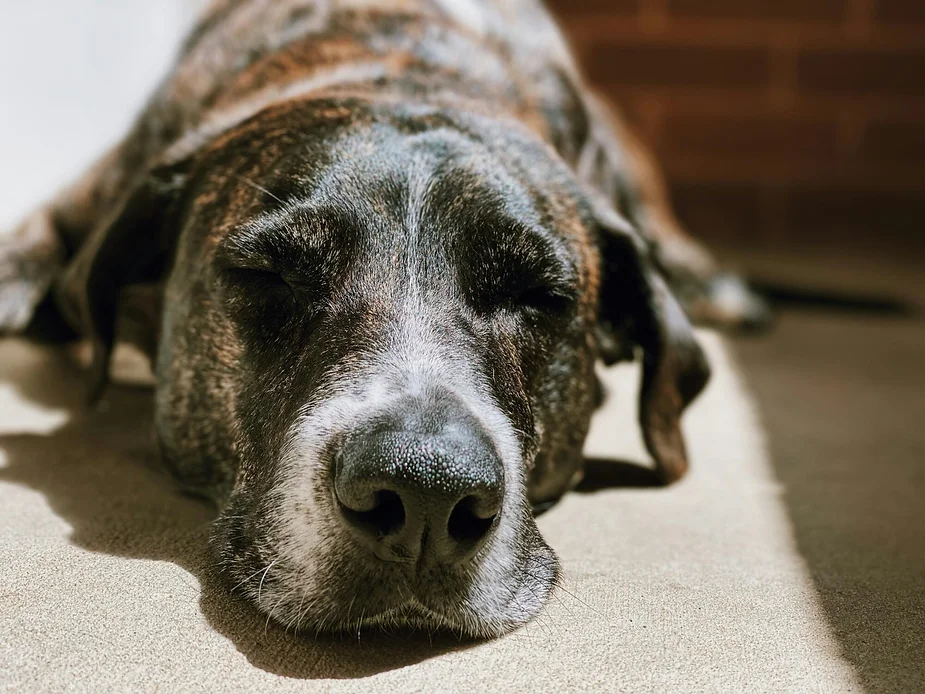Have you noticed that your dog is starting to slow down or get white hair?
Dogs may only live 12 to 15 years, but their quality of life can suffer years before they pass if they develop conditions like arthritis. This is why dog owners have to do everything they can to protect their pet’s wellness as they get older.
What should dog owners know about joint pain? Read on for five dog arthritis tricks that can keep your pet comfortable.
1. Regular Exercise Tailored to Their Needs
Aging dogs may not be as spry as they once were, but that doesn’t mean they should become couch potatoes. Gentle exercise is imperative for supporting dog joint health and mobility.
Short, frequent walks and low-impact activities like swimming can help keep their muscles strong and their joints lubricated. Consult with your vet to come up with an ideal exercise plan that suits the following:
-
Your dog’s age
-
Breed
-
General health condition
2. Maintain a Healthy Weight
Dogs may love to beg, but giving them too much food could cause their bodies to carry excess weight. Over time, this puts your dog’s joints under more pressure, which makes dog arthritis and other joint issues worse.
Monitor your dog’s diet so you can verify that they’re eating a balanced, nutritious diet appropriate for their age and activity level. If you’re unsure about your dog’s ideal weight, consult your vets for guidance.
3. Provide Comfortable Resting Areas
As dogs age, they may have difficulty getting in and out of high beds or climbing stairs to reach their favourite spots. Provide them with soft, supportive bedding that cushions their joints and makes it easier for them to rest comfortably wherever they are.
Consider getting ramps or special steps that give senior dogs access to elevated spots without hurting their joints.
4. Supplements for Joint Pain
There are various dog health supplements and medications available that can help manage joint pain and inflammation in older dogs.
You can chat with your vet about common supplements like omega-3 fatty acids to see if they’ll complement your dog’s lifestyle. They may even think it’s best to prescribe pain medications to help keep your dog’s joint pain at bay.
5. Regular Animal Clinic Visits
Regular vet care makes all the difference when it comes to monitoring your aging dog’s health and catching any potential issues early on. Your vet can assess your dog’s joint health and recommend appropriate treatments or adjustments to your dog care regimen.
They may also suggest lifestyle changes or modifications to accommodate your dog’s changing needs. Don’t hesitate to reach out to your vet if you notice that your dog’s behaviour or mobility is different.
Do You Need an Incredible Animal Hospital in the Greater Toronto Area?
By following these joint pain tips and providing your older dog with the care and attention they deserve, you can help their golden years be more enjoyable. Remember, a little extra love and support can go a long way in ensuring your senior dog remains happy, comfortable, and active for years to come.
Have you been trying to find the greatest animal hospital in Southern Ontario or the Greater Toronto Area? Contact Glenridge Animal Hospital to get your dog an appointment. From dentistry to general check-ups and emergencies, we’ll always put your pet’s wellness first.



